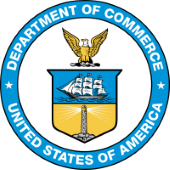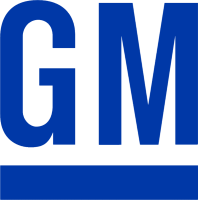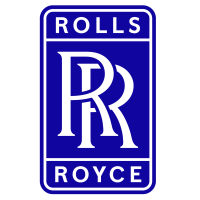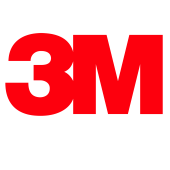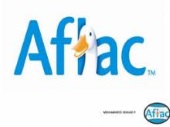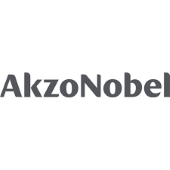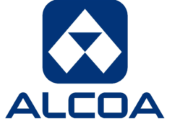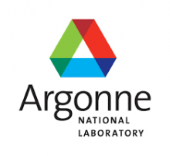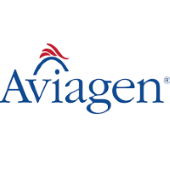|   |
|
ABSTRACT
Change Management and CI - How They Complement Each OtherIndustry: All Industries Keywords: Change Management, PDCA Level: All Levels LinkedIn: www.linkedin.com/in/melissa-sherman-mba-02b49526 Often when we hear “change” it is about a transformational change such as a re-org., a new product, or a massive weight loss. Then there is the change because we purchase a new car, switch careers and/or roles. Most change, whether it be large or small is due to some sort of problem-solving effort by someone, whether that be conscious or unconscious. Either way we need to adapt to the “change” and if we are the one leading the problem-solving we should understand how the implementation of the long-term countermeasure is going to affect the employees and the customers. Why is change so hard? Change is a complex and multifaceted process that often evokes a wide range of emotions and challenges. Despite these challenges, change is an inevitable part of life and is often necessary for growth, progress, and adaptation. By acknowledging the difficulties associated with change and providing support, encouragement, and clear communications, we can help individuals and organizations embrace change and continuous improvement more effectively. As continuous improvement practitioners, we don’t always think about the impact our continuous improvement initiatives will have on the employees. Throughout this session we will look at various ways to improve the sustainability of our projects. Let’s discuss the importance of making sure we are embedding change management into your continuous improvement efforts. We will look at what change is, the resistance to it, the journey/change curve an individual goes through, the various change models and some strategies you can use to assist in your efforts. Areas of focus: we will look at the change curve and how we can apply Kotter’s philosophies on change. We will also look at change through the lens of ADKAR, and the principles used at a utility. We will then take some time to discuss “Influencer” and their six boxes (Personal motivation and ability, social motivation and ability, and structural motivation and ability) and how important it is to find the vital behaviors of employees. We will then dig into the book “Switch” and understand the elephant and the rider as we work on building our communications for the change. Lastly, we investigate Change Intelligence and discuss whether you lead with your head, heart or hands. This session is meant to be a two-way conversation, and not just a “lecture”. It is important for the audience to learn from me and my experiences along with learning from each other’s experience on what has and hasn’t worked. This will be a great opportunity to network and learn. The overall objective that the audience should walk away with is to remember how the employees are affected by any continuous improvement initiative no matter how small or large. What one might think is a small initiative may be a large change for another individual. To sustain our continuous improvement initiatives whether they are incremental or transformational we need to remember that every employee is going to react to the improvement/change differently. In conclusion, the audience will be provided various options that can assist them in their change management for their continuous improvement initiatives while applying PDCA to all of it. |
BIOGRAPHY
Melissa ShermanSr. Quality Improvement Consultant, Consumers Energy, Whitehall, MI, USA Melissa has worked in the utility industry for over 30 years, both for an Investor Owned and Cooperative, gaining experience in Electric and Gas Distribution Engineering, Business Support for Pumped Storage, River Hydro and Renewable Generation, Online Scheduling for Fossil Generation, Enterprise Change, and Sr Quality Analyst Consultant. As a Sr Quality Improvement Consultant, Melissa analyzes and measures the effectiveness of existing business processes and develops sustainable, repeatable, and quantifiable business process improvements. She analyzes data to drive problem solving, root cause analysis and functional area process improvement and provides support related to these activities all while embedding change management into the process. Responsible for delivering significant results in Company Breakthrough Objectives in a matrix structure. She is passionate about STEM and Robotics and volunteers for a local robotics team, along with supporting the Consumers Energy initiative with FIRST Robotics. Melissa has also taught higher education since 2008 both in-seat and on-line in management, entrepreneurship and engineering disciplines, relating a lot of her teaching to the utility industry. Melissa holds a bachelor’s in industrial engineering technology and a Master’s in Leadership Studies from Baker College. She also holds an Associates Certificate in Project Management from George Washington University and is certified in Change Management through Acuity Institute. |




